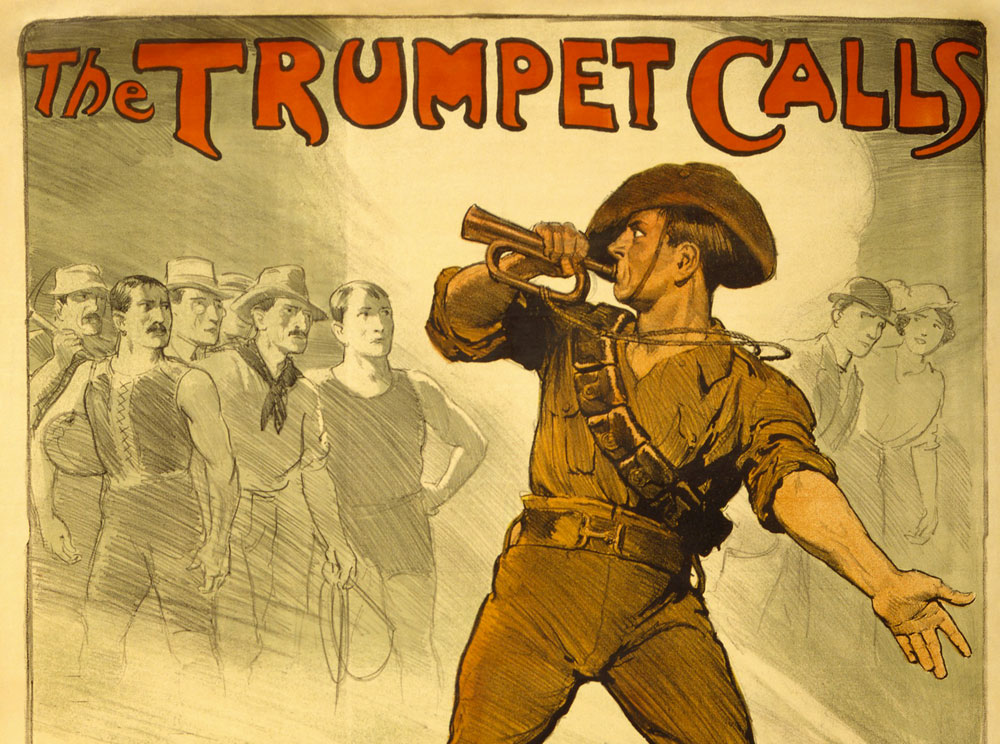
January 8, 2020; Wall Street Journal
It must be hard to be a billionaire, offers Karl Zinsmeister, author of the Almanac of American Philanthropy, in a Wall Street Journal op-ed. Move over war on Christmas, there is a new war in town—on philanthropy. And it is getting bloody.
“Givers like the Kochs and Waltons are treated as punching bags for ideological reasons,” Zinsmeister writes. He adds that “even liberals such as Bill Gates, Eli Broad, and Robert Smith are pilloried for practicing philanthropy.” (We won’t bother with parsing out how “liberal” Gates, Broad, and Smith are.)
How bad is it? A few year ago, when Gates was asked at a public forum why he didn’t want to run for president, he responded, “I can have as much impact [as a philanthropist] as I could in any political role….I don’t have to try and get elected. I’m not term-limited to eight years. It’s a very nice office that I have got right now.”
We should all be so burdened.
Claims billionaires are taking over philanthropy are not “even close to accurate,” Zinsmeister contends. Yet, even if the takeover is not complete, elite dominance is hard to miss.
In NPQ, Dr. Patrick Rooney, executive associate dean of the Lilly Family School of Philanthropy in Indiana, notes that between 1993 and 2016, a period when tax deduction rules largely remained the same, itemized donations made by millionaires tripled from 10.3 percent to 31.7 percent of donations. Meanwhile, smaller donations have fallen rapidly. In 2002, more than two-in-three Americans donated to the nonprofit sector; in 2016, only 53.9 percent did. As Rooney puts it, the dominant trend of our time is the “growth of the big donors and the disappearance of the small donors.”
Even more galling is Zinsmeister’s attempt to defend billionaires in the name of democracy. “Rather than being an instrument of plutocracy, America’s highly decentralized philanthropy is one of its most pluralistic and democratic elements,” Zinsmeister contends. He adds, “Philanthropy disperses authority, gives individuals direct opportunities to change their communities, and lets nonmainstream alternatives have their day in the sun.”
Sign up for our free newsletters
Subscribe to NPQ's newsletters to have our top stories delivered directly to your inbox.
By signing up, you agree to our privacy policy and terms of use, and to receive messages from NPQ and our partners.
Few, least of all NPQ, would deny the importance of the civil sector testing ideas before they have majority support. A few years back, for example, NPQ profiled some innovative examples of rural philanthropy supporting inclusiveness and equity. But we can acknowledge the value of civic experimentation without pretending that the present state of play is anything remotely approaching a democratic playing field.
Let’s do the math. According to the Internal Revenue Service (IRS), about 0.2 percent of Americans earn over $1 million a year. Doing some complex calculations—if 0.2 percent of Americans are millionaires, then so are 0.2 percent of eligible voters. But in 2016, the IRS reports, those 0.2 percent got to cast 31.7 percent of all charitable dollar “votes.” That would seem to be the very definition of plutocracy.
More amusing still, Zinsmeister informs us that, “progressive editorialists and political candidates openly call for deep cuts in the charitable deduction.” We must have missed that, although surely someone has. But most progressives have called for a universal charitable tax deduction or a charitable tax credit to encourage small donors to donate more.
Of course, the 2017 tax bill did the opposite—increasing the amount that wealthy could deduct while reducing incentives for small donors to donate. Some conservatives, such as Republican Utah senator Mike Lee, have also called for expanding tax credits for small donors, in part with the aim of reversing a dramatic decline in donations to churches. As Rooney points out, “almost one-third fewer American households” donated to religious groups in 2016 than 2000.
In a rhetorical flourish, Zinsmeister seeks to tie critics of philanthropy, such as Anand Giridharadas or Edgar Villanueva, to past dictators such as Benito Mussolini. (There is a difference between critique and abolition, but why bother with nuance?) Meanwhile, he oddly defends democracy by arguing for its inefficacy, writing that “ballot boxes had surprisingly little to do with many climactic shifts in American history.”
Then he gets sillier. The space program, apparently, depended on private donor action. As President John Kennedy said, “We choose to go to the moon in this decade, thanks to our partners at the Ford Foundation.” Oh, wait! That’s not what he said?
Yes, despite flaws—the less said about eugenics, the better—philanthropy has made positive contributions. But large-scale social change has almost always required public sector action.
Meanwhile, Zinsmeister might want to consider a question that Shena Ashley, vice president of Nonprofits and Philanthropy at the Urban Institute, posed recently: “What happens,” Ashley asks, “when the normative commitment to charity through charitable organizations is no longer universally held?” Throwaway lines about authoritarians aside, in a democracy, philanthropy’s existence depends on public support. And it is that very public support which is currently at risk.—Steve Dubb












